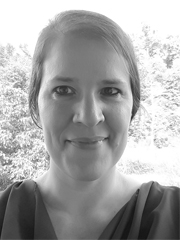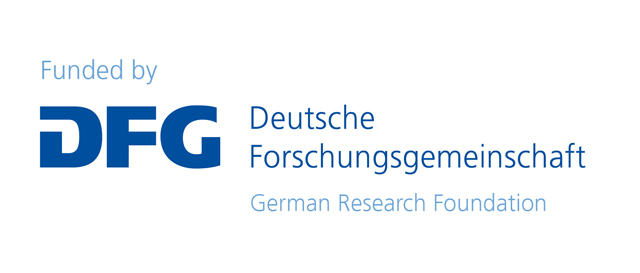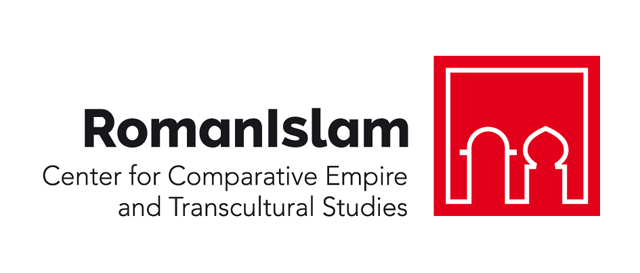Factionalism in the Military
“Military Identities and Society in Post-Roman Italy” by Laury Sarti
The collapse of the Roman world in the west was a gradual process that can be studied by looking at military structures. These underwent a continuous transformation given that military service appeared unattractive to many while increasing numbers of soldiers were needed and thus also recruited among non-Romans. In the late Roman period and until the first post-Roman centuries, military campaigns were increasingly fought against enemies from within the (former) Roman territories. The elite that emerged in the process was strongly dependent on its military functions, a fact that points to an increased political and social significance of military participation. This impression is backed by the fact that the military was often directly involved in important decisions like the rising of kings or law making. Concurrently, the bearing of arms ceased to be restricted to military activity. This paper uses the example of Italy to analyse the structures and significance of the military since the late fifth by discussing who belonged to the post-Roman military, what identities were associated with those who fought and their roles in the mentioned early medieval societies.
 Dr. Laury Sarti is Lecturer in Medieval History at the University of Freiburg im Breisgau, with a background in ancient history and archaeology. She has published extensively on the relations between the Frankish and the Byzantine world and the early medieval military as the PI of the research project The militarisation of early medieval societies (2016–2020, Fritz Thyssen Stiftung). She is currently finishing her second book on Byzantium and its Legacy in the Frankish World (594–1024).
Dr. Laury Sarti is Lecturer in Medieval History at the University of Freiburg im Breisgau, with a background in ancient history and archaeology. She has published extensively on the relations between the Frankish and the Byzantine world and the early medieval military as the PI of the research project The militarisation of early medieval societies (2016–2020, Fritz Thyssen Stiftung). She is currently finishing her second book on Byzantium and its Legacy in the Frankish World (594–1024).
“The Administration of an Imperial Expansion: Factions and Ethnicity in the Conquest of al-Andalus” by Eduardo Manzano Moreno
Traditional accounts of the Arab conquests have considered that they involved a massive migration of tribes throughout all the territories that later became the dār al-Islām, and that Arabization and Islamization processes that followed suit were the natural outcome of this Völkerwanderung, as the conquerors quickly replaced the social and idelogical structures they found in all conquered territories. There are, however, many reasons to consider that this view is not very satisfactory because of the number of begging questions it leaves unanswered. In this seminar, my intention is to demonstrate that the conquest of al-Andalus was the byproduct of an imperial expansion that was carried out by armies, which incorporated auxiliaries under well defined hierarchies, whose settlement led way to strong competition of power, in which changing factions emerged under tribal names.
 Prof. Eduardo Monzano Moreno is Research Professor at the Institute of Languages and Cultures of the Mediterranean of the Consejo Superior de Investigaciones Científicas (CSIC – Spain). He was Visiting Professor at the Universities of Oxford, Chicago and London and was the Director of the Centro de Ciencias Humanas y Socales of the CSIC between 2006 and 2012. His last book “La Corte del Califa. Cuatro años en la Córdoba de los Omeyas” was published in 2019. He is the author of “Conquistadores, emires y califas”, (2006) a complete new appraisal of the formative period of al-Andalus and “Épocas Medievales” (2011) a highly praised synthesis of the Medieval period in Iberia. Other recent publications include “Why were Islamic instituions so different fomr Western instituions””; "The hisba, the muhtasib and the struggle over political power and a moral economy: an enquiry into institutions", (in collaboratioon with Susana Nartozki); " Circulations de biens et richesses entre al-Andalus et l’Occident européen aux VIIIe-Xe siècles" in Al. Feller et A. Rodriguez, "Objects suous contraintes. Circulation des richesses et valeur des choses", (Paris, 2013); “The Iberian Peninsula and North Africa”, in The New Cambridge History of Islam, Ch. Robinson, vol. II, 2010, Épocas Medievales, Barcelona, 2010.
Prof. Eduardo Monzano Moreno is Research Professor at the Institute of Languages and Cultures of the Mediterranean of the Consejo Superior de Investigaciones Científicas (CSIC – Spain). He was Visiting Professor at the Universities of Oxford, Chicago and London and was the Director of the Centro de Ciencias Humanas y Socales of the CSIC between 2006 and 2012. His last book “La Corte del Califa. Cuatro años en la Córdoba de los Omeyas” was published in 2019. He is the author of “Conquistadores, emires y califas”, (2006) a complete new appraisal of the formative period of al-Andalus and “Épocas Medievales” (2011) a highly praised synthesis of the Medieval period in Iberia. Other recent publications include “Why were Islamic instituions so different fomr Western instituions””; "The hisba, the muhtasib and the struggle over political power and a moral economy: an enquiry into institutions", (in collaboratioon with Susana Nartozki); " Circulations de biens et richesses entre al-Andalus et l’Occident européen aux VIIIe-Xe siècles" in Al. Feller et A. Rodriguez, "Objects suous contraintes. Circulation des richesses et valeur des choses", (Paris, 2013); “The Iberian Peninsula and North Africa”, in The New Cambridge History of Islam, Ch. Robinson, vol. II, 2010, Épocas Medievales, Barcelona, 2010.


